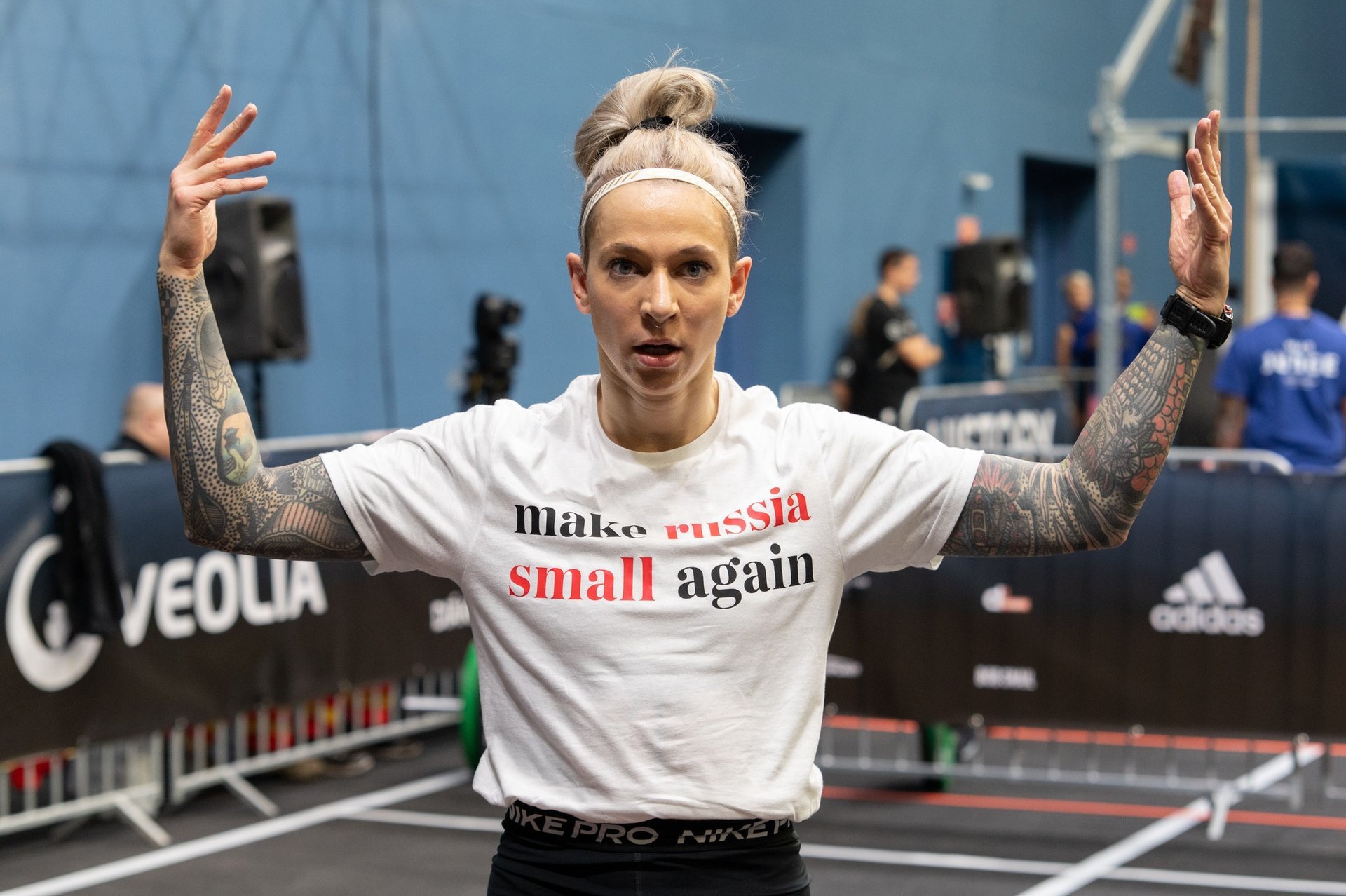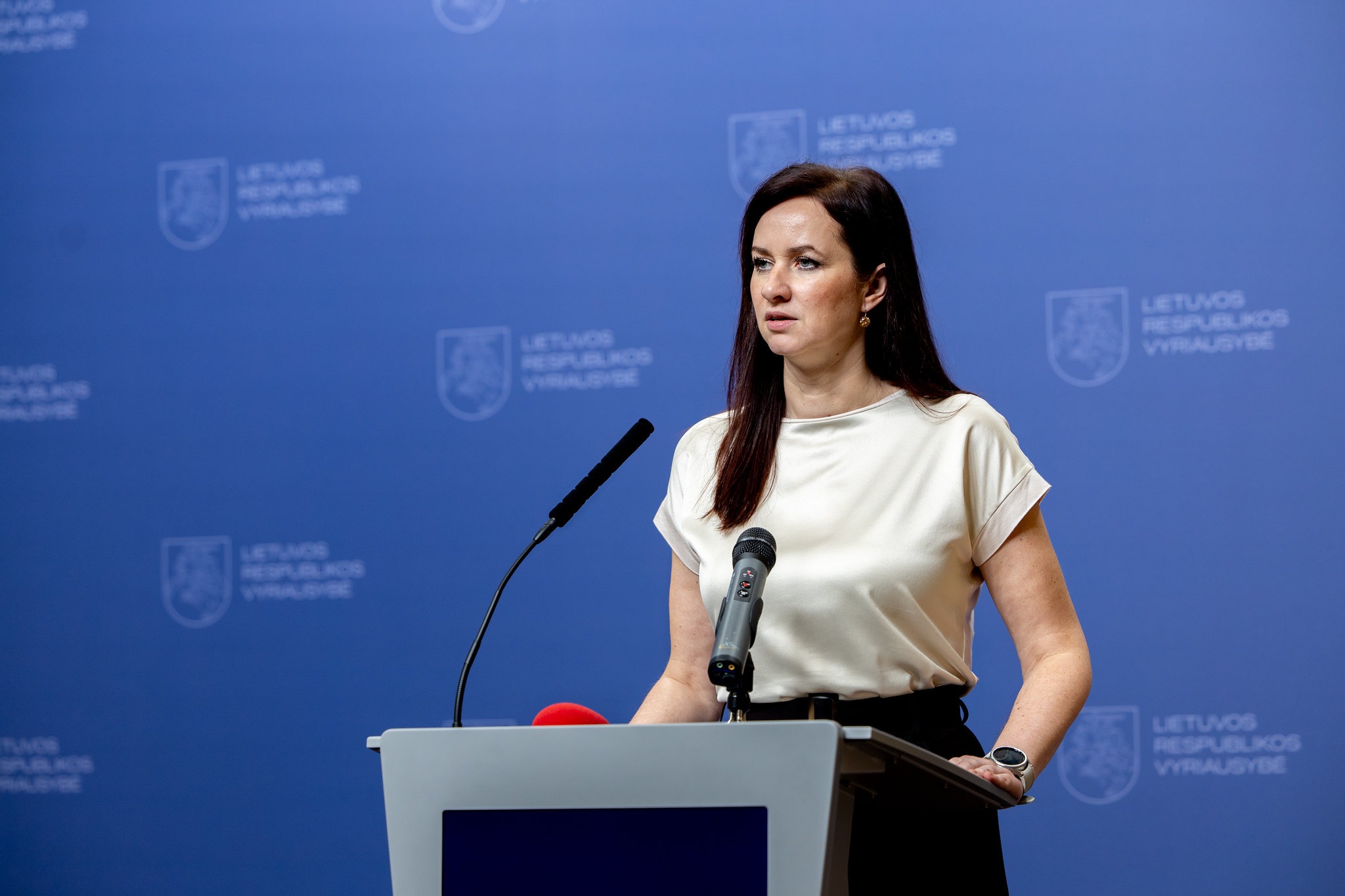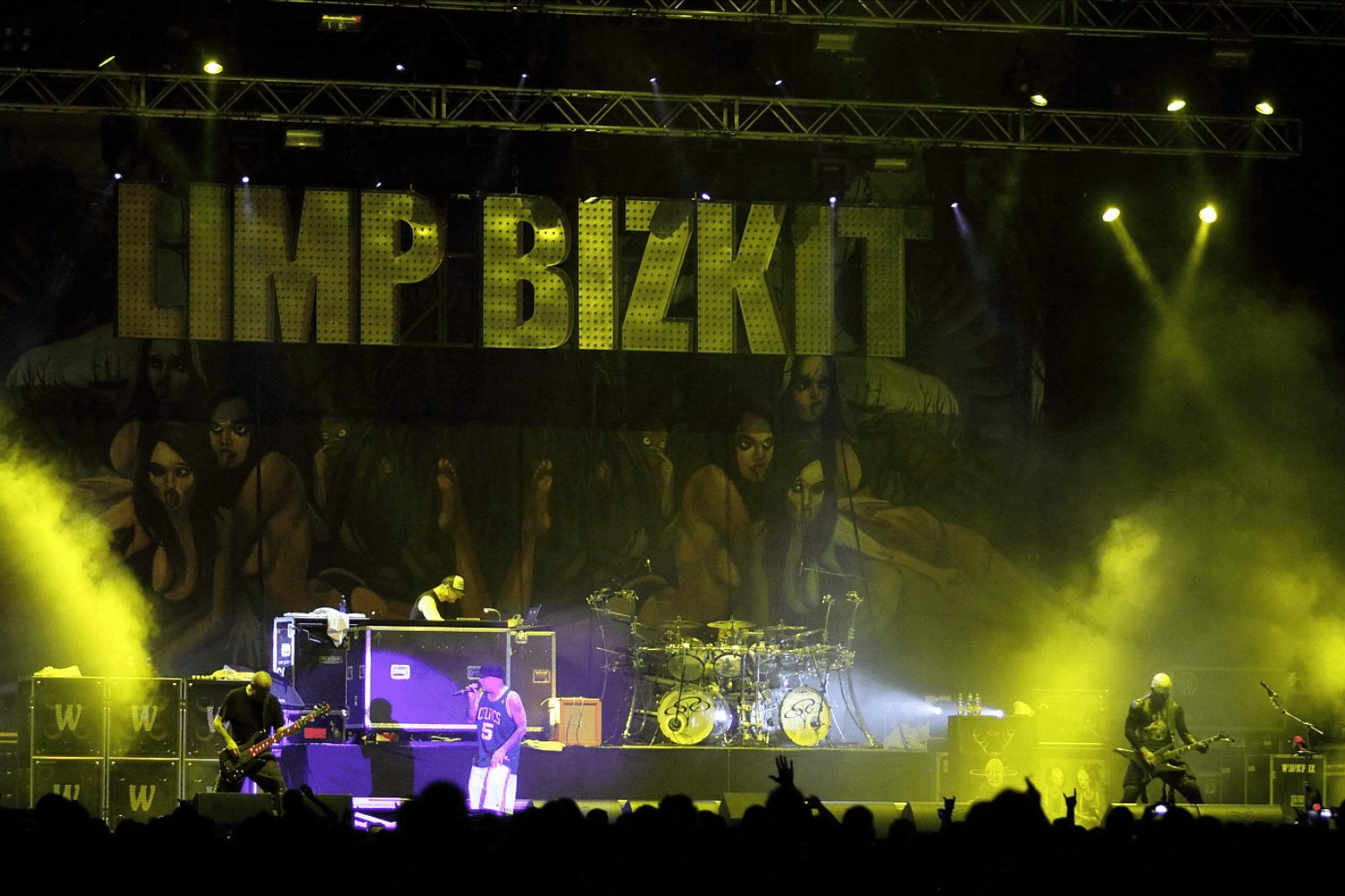
Main narratives:
- Lithuanians are Russophobes;
- Russian-speakers are oppressed in the country;
- general anti-government sentiments.
Overview:
During this week, the disqualification of Kornelija Dūdaitė, a Lithuanian athlete, at the 2024 functional sports World Championships in Budapest brought international attention to the intersection of sports and politics. The incident came from Dūdaitė wearing a T-shirt with the slogan “make russia small again,” a protest against the perceived improper recognition of Russian athletes under national symbols rather than as neutral participants, as mandated by international regulations.
Following her removal, the Lithuanian Functional Fitness Federation supported Dūdaitė by withdrawing the entire national team from the event, emphasising their commitment to values over competition. Domestically, Dūdaitė’s actions were widely evaluated as a principled stance afor her values and beliefs. Meanwhile, Kremlin-aligned media in Lithuania framed her protest as a display of Russophobia, arguing that her disqualification was justified and reflective of the need to uphold non-political principles in sports. These outlets also depicted Russian athletes as victims of unfair targeting and urged not to mix sports and politics.
This incident underscores the deeply polarized perspectives on Russia’s role in international events that divides society in strongly opposing sides. While Dūdaitė’s actions resonated with those opposing Russian policies, the Kremlin-aligned response sought to shift the focus to alleged Western bias and discrimination.









